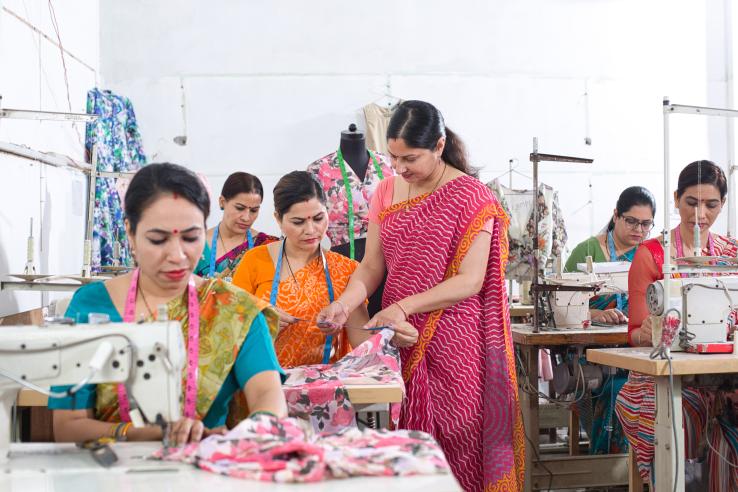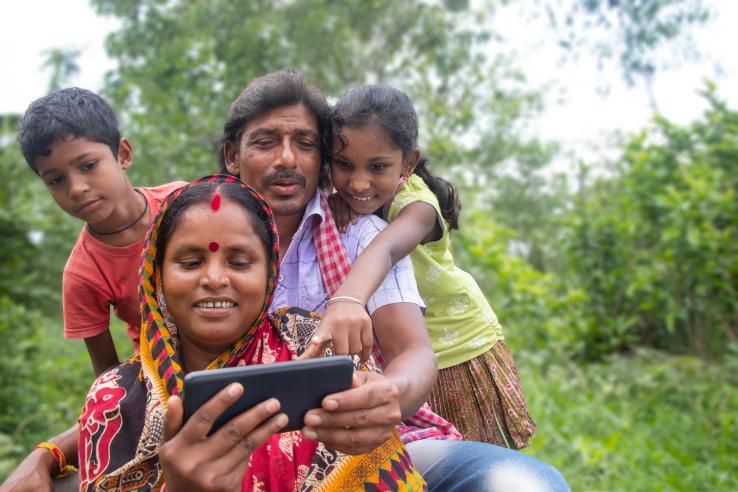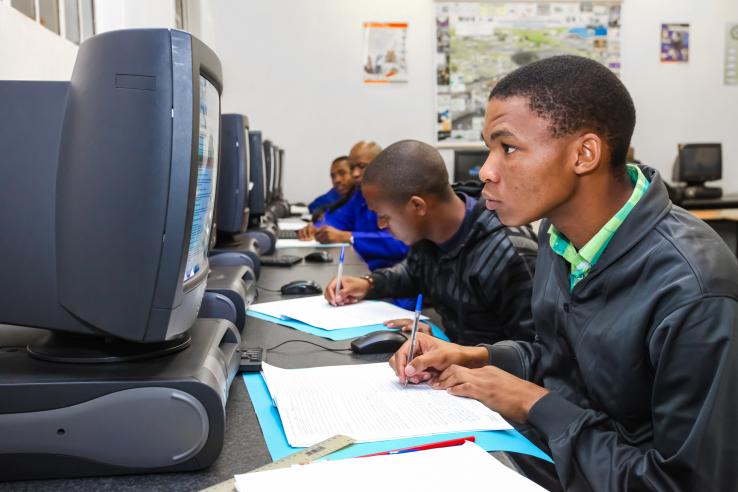Labor Markets
In addition to supporting policymakers in applying evidence from randomized evaluations to their work, sector chairs and staff write Policy Insights that synthesize general lessons emerging from the research, condense results from evaluations in policy publications and evaluation summaries, and fund new research through the Jobs and Opportunity Initiative.

Policy insight
Workplace interventions to improve worker well-being
Firm-level interventions aimed at improving the well-being of workers have led to safer workplaces, greater worker health, higher job satisfaction, and lower turnover. In some cases, these programs also increased workers’ productivity, which benefited their employers.

Policy insight
Vocational and skills training programs to improve labor market outcomes
While vocational and skills training programs have had mixed results, those that included practical experience, soft-skills training, and job referrals often increased the likelihood of being employed and earnings of people who were targeted. Vocational training programs often helped trainees...

Policy insight
Improving job seekers’ employment and earnings through credible skills signals
Credible skills signals help alleviate information barriers for both job seekers and firms, and often improve employment and earnings at a low cost. More and better information enables applicants to have a more effective job search, often resulting in higher-quality jobs and better employment...

Evaluation
Improving Female Labor Force Participation through Flexible, Internet-mediated Gig Work in India
In India, researchers conducted a randomized evaluation to test the impact of a flexible, digital gig work opportunities on women’s labor supply, take uptake of employment opportunities, implications for worker productivity, and women’s interest in future outside-the-home work opportunities. as...

Evaluation
The Impact of Employment and Cash Transfers on Psychosocial Wellbeing in Bangladesh
Researchers conducted a randomized evaluation to test the impact of employment on refugee psychosocial well-being in Bangladesh. The study found that employment generated significant psychosocial value beyond that from cash transfers alone.

Evaluation
The Role of Reference Letters and Skill Accreditation in the South African Labour Market
Employers in the low-skill and entry-level job market often lack information on job seekers’ abilities, which can reduce interview invitations and job offers for job seekers, especially for disadvantaged groups such as women. Researchers partnered with the South African Department of Labour to...



